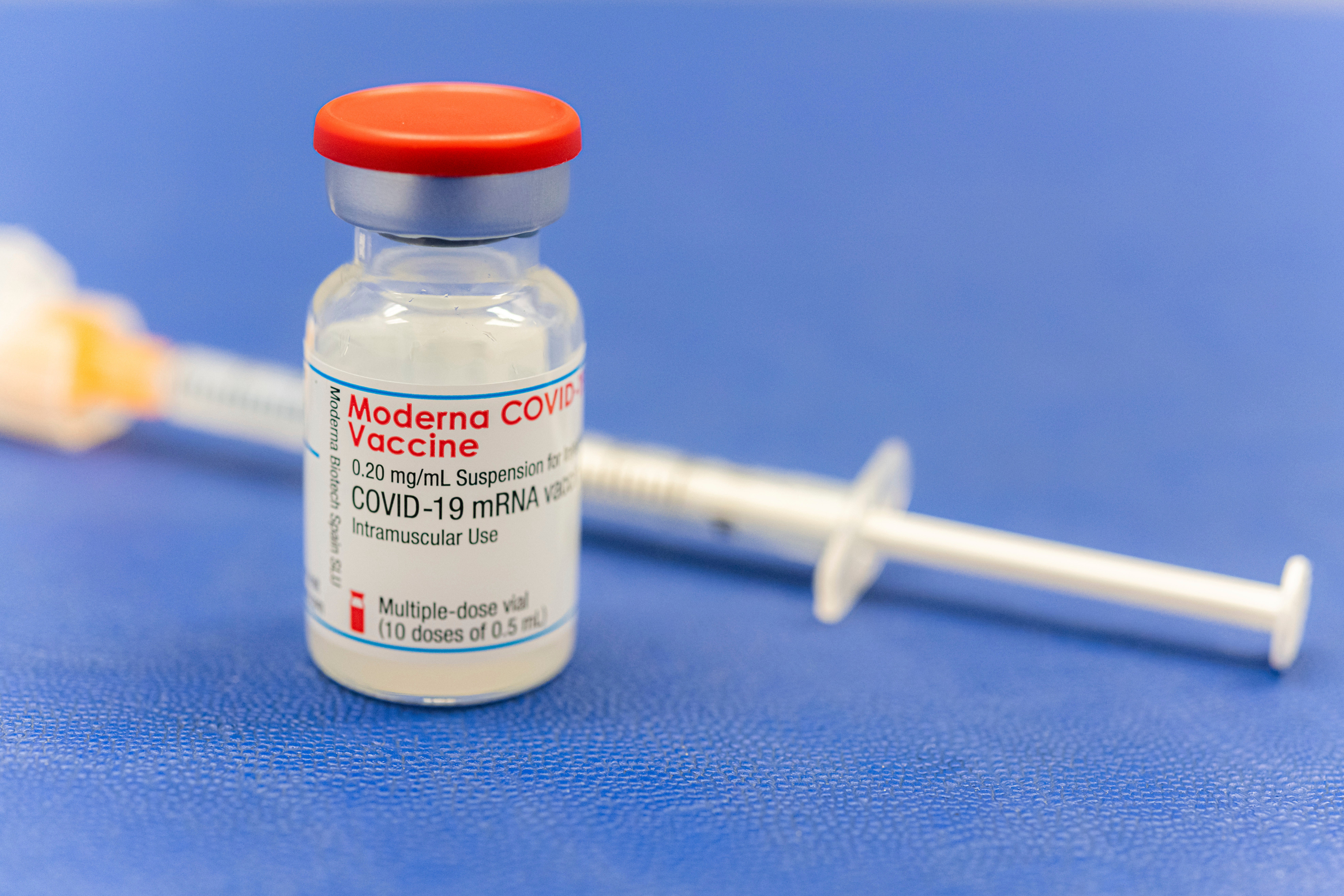EU regulator: Hackers 'manipulated' stolen vaccine documents
The European Union’s drug regulator said COVID-19 vaccine information stolen from its servers in a cyberattack last year have been not only leaked to the web but “manipulated” by hackers

The European Union's drug regulator said Friday that COVID-19 vaccine documents stolen from its servers in a cyberattack have been not only leaked to the web but “manipulated" by hackers.
The European Medicines Agency said that an ongoing investigation into the cyberattack showed that hackers obtained emails and documents from November related to the evaluation of experimental coronavirus vaccines. The agency which regulates drugs and medicines across the 27-member EU had troves of confidential COVID-19 data as part of its vaccine approval process.
“Some of the correspondence has been manipulated by the perpetrators prior to publication in a way which could undermine trust in vaccines,” the agency said.
It did not explain what information was altered — but cybersecurity experts say such practices are typical of disinformation campaigns launched by governments.
Italian cybersecurity firm Yarix said it found the 33-megabyte leak on a well-known underground forum with the title “Astonishing fraud! Evil Pfffizer! Fake vaccines!” It was apparently first posted on Dec. 30 and later appeared on other sites, including on the dark web, the company said on its website.
Yarix said “the intention behind the leak by cybercriminals is certain: to cause significant damage to the reputation and credibility of EMA and Pfizer.”
The agency said that given the devastating toll of the pandemic, there was an “urgent public health need to make vaccines available to EU citizens as soon as possible.” The EMA insisted that despite that urgency, its decisions to recommend the green-lighting of vaccines were based “on the strength of the scientific evidence on a vaccine’s safety, quality and efficacy, and nothing else.”
The agency, which is based in Amsterdam, came under heavy criticism from Germany and other EU member countries in December for not approving vaccines against the virus more quickly. The EMA issued its first recommendation for the Pfizer and BioNTech vaccine weeks after the shot received approval in Britain, the United States, Canada and elsewhere.
The European Medicines Agency recommended a second vaccine, made by Moderna, for use earlier this month. A third shot made by AstraZeneca and Oxford is currently under consideration by the agency.
The EMA said law enforcement authorities are taking “necessary action” in response to the cyberattack.
__
Follow AP’s pandemic coverage at:
http://apnews.com/VirusOutbreak
https://apnews.com/hub/coronavirus-vaccine
https://apnews.com/UnderstandingtheOutbreak
Bookmark popover
Removed from bookmarks